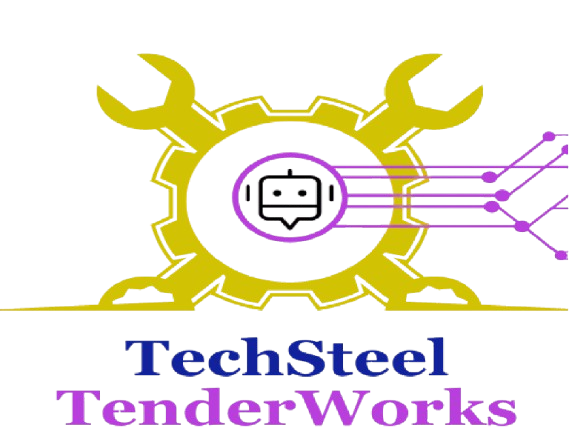Blockchain in Construction - Building Unshakeable Trust and Transparency
The construction industry has long struggled with trust and transparency challenges that impact project outcomes, stakeholder relationships, and overall industry efficiency. Blockchain technology offers revolutionary solutions to these persistent problems, creating immutable records and transparent processes that transform how construction businesses operate and collaborate.
Understanding Blockchain’s Construction Applications
Blockchain technology creates distributed, tamper-proof ledgers that record transactions and data permanently. In construction contexts, this capability addresses fundamental trust issues that have plagued the industry for decades: bid manipulation, payment disputes, progress verification challenges, and supply chain transparency concerns.
Unlike traditional record-keeping systems that rely on centralized authorities, blockchain creates shared truth among all participants. Every transaction, document, or data entry becomes part of an immutable record that all stakeholders can verify independently.
Revolutionizing Bid Management and Procurement
Steel structure tendering processes often suffer from questions about bid integrity, submission timing, and document authenticity. Blockchain technology eliminates these concerns by creating tamper-proof bid records with automatic timestamping and authentication.
Smart contracts built on blockchain platforms can automate bid evaluation processes, ensuring consistent application of evaluation criteria while eliminating human bias or manipulation. These automated systems process bids transparently, providing all participants with confidence in procurement process integrity.
Blockchain-based procurement systems also enable secure, anonymous bidding when appropriate, protecting sensitive pricing information while maintaining process transparency. This balance between confidentiality and transparency improves competitive dynamics while building stakeholder trust.
Project Progress Transparency
Traditional progress reporting relies on subjective assessments that can be influenced by various stakeholder interests. Blockchain-based progress tracking creates objective, verifiable records of milestone completions, material deliveries, and quality inspections.
When progress data is recorded on distributed ledgers, all parties access the same verified information, reducing conflicts and improving collaboration. Project owners gain real-time visibility into actual progress rather than optimistic reporting, while contractors demonstrate their performance objectively.
Automated progress verification through IoT sensors and blockchain recording creates particularly powerful combinations. Sensor data automatically triggers blockchain entries when specific conditions are met, eliminating manual reporting errors and disputes.
Smart Contract Implementation
Smart contracts represent blockchain’s most transformative construction application. These self-executing contracts automatically trigger payments when predetermined conditions are met, verified through blockchain records.
For steel structure projects, smart contracts can release payments upon delivery confirmation, quality approval, or installation completion. This automation reduces administrative overhead, ensures timely payments, and improves cash flow for contractors and subcontractors.
Dispute resolution becomes more efficient when smart contracts provide clear, objective criteria for payment triggers. Blockchain records provide indisputable evidence of contract performance, reducing legal costs and project delays.
Supply Chain Traceability
Construction projects increasingly require detailed material provenance information for sustainability compliance, quality assurance, and regulatory reporting. Blockchain enables complete supply chain traceability from raw material extraction through final installation.
Every steel component can be tracked through blockchain records that document manufacturing processes, quality certifications, transportation details, and environmental impact data. This traceability is particularly valuable for projects requiring specific certifications or sustainability compliance.
Supply chain transparency also improves quality control by enabling rapid identification of defective material batches and their project locations. When quality issues arise, blockchain records enable precise tracking of affected materials for targeted remediation.
Regulatory Compliance and Reporting
Construction projects must adhere to numerous building codes, safety regulations, and environmental standards. Blockchain creates auditable trails of compliance activities, making regulatory reporting more efficient and reducing violation risks.
Automated compliance monitoring through blockchain integration can flag potential violations before they occur, enabling proactive corrective actions. This capability is particularly valuable for complex projects with multiple regulatory requirements.
Blockchain technology builds the foundation for trustworthy, transparent construction industry practices that benefit all stakeholders through improved efficiency, reduced disputes, and enhanced collaboration.
TechSteel TenderWorks integrates blockchain technology into comprehensive construction management platforms specifically designed for steel structure projects. Our blockchain-enabled systems provide Canadian construction companies with the transparency, security, and trust-building capabilities necessary to excel in competitive markets while maintaining the highest standards of project integrity and stakeholder satisfaction.
